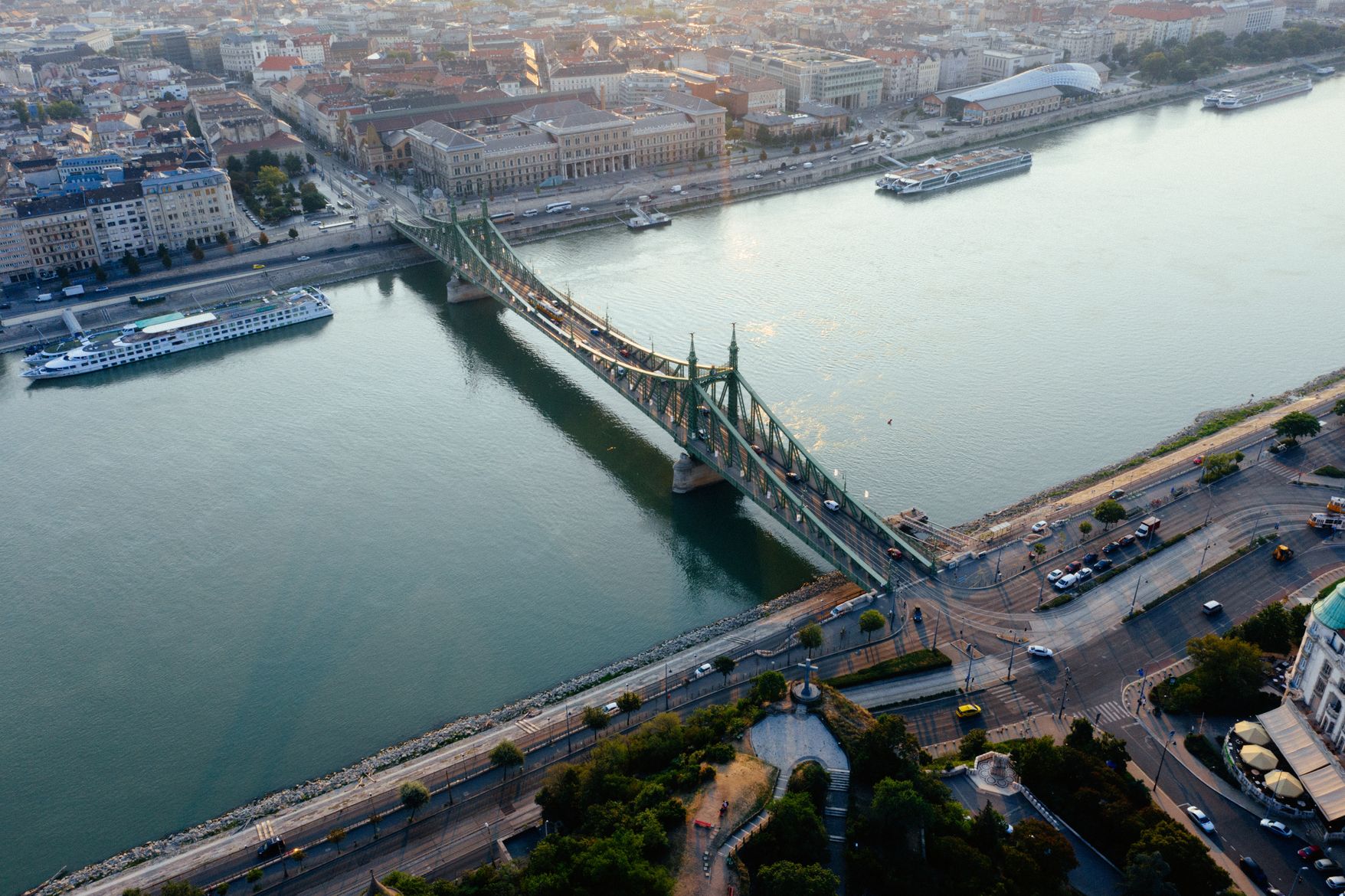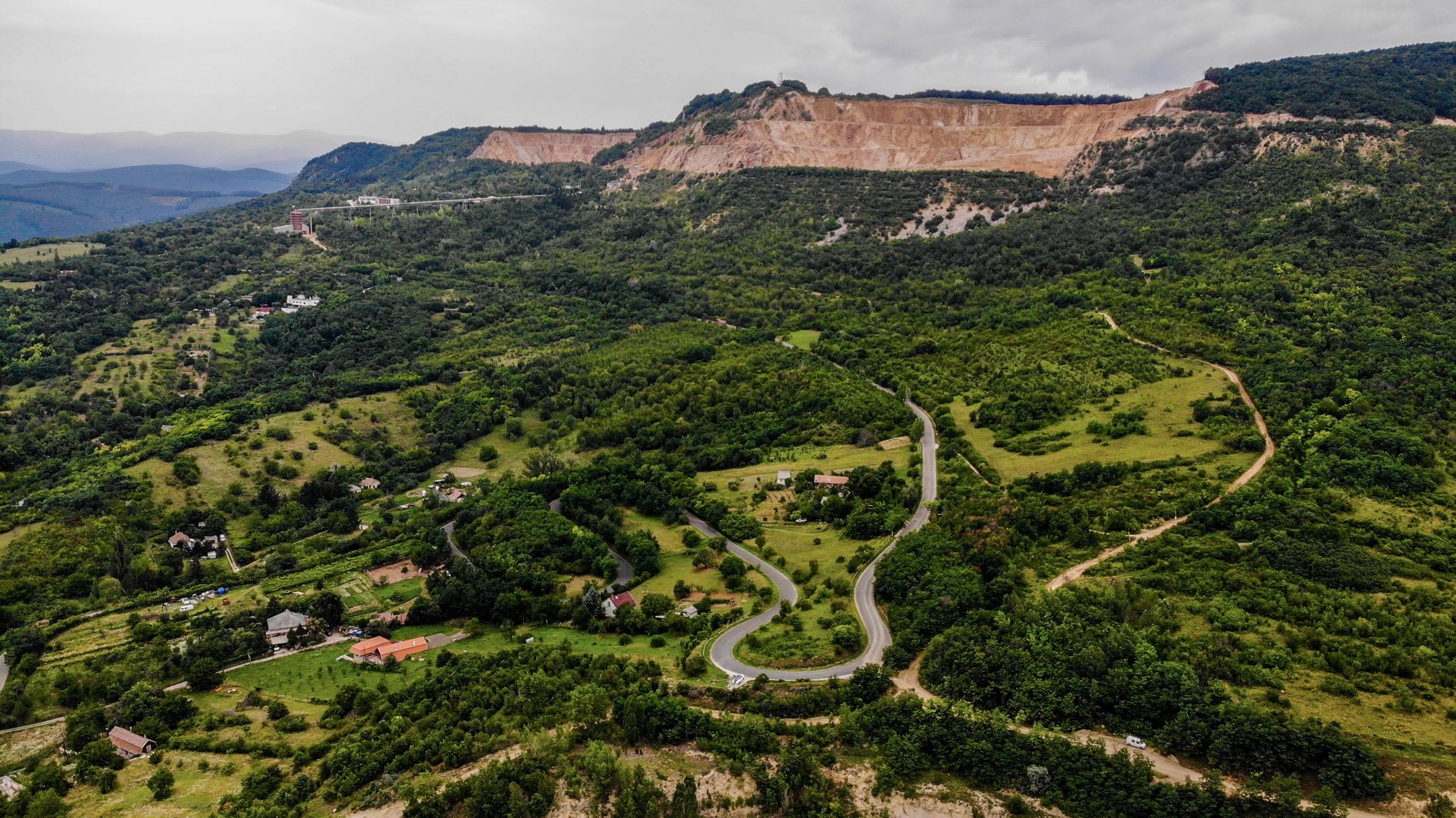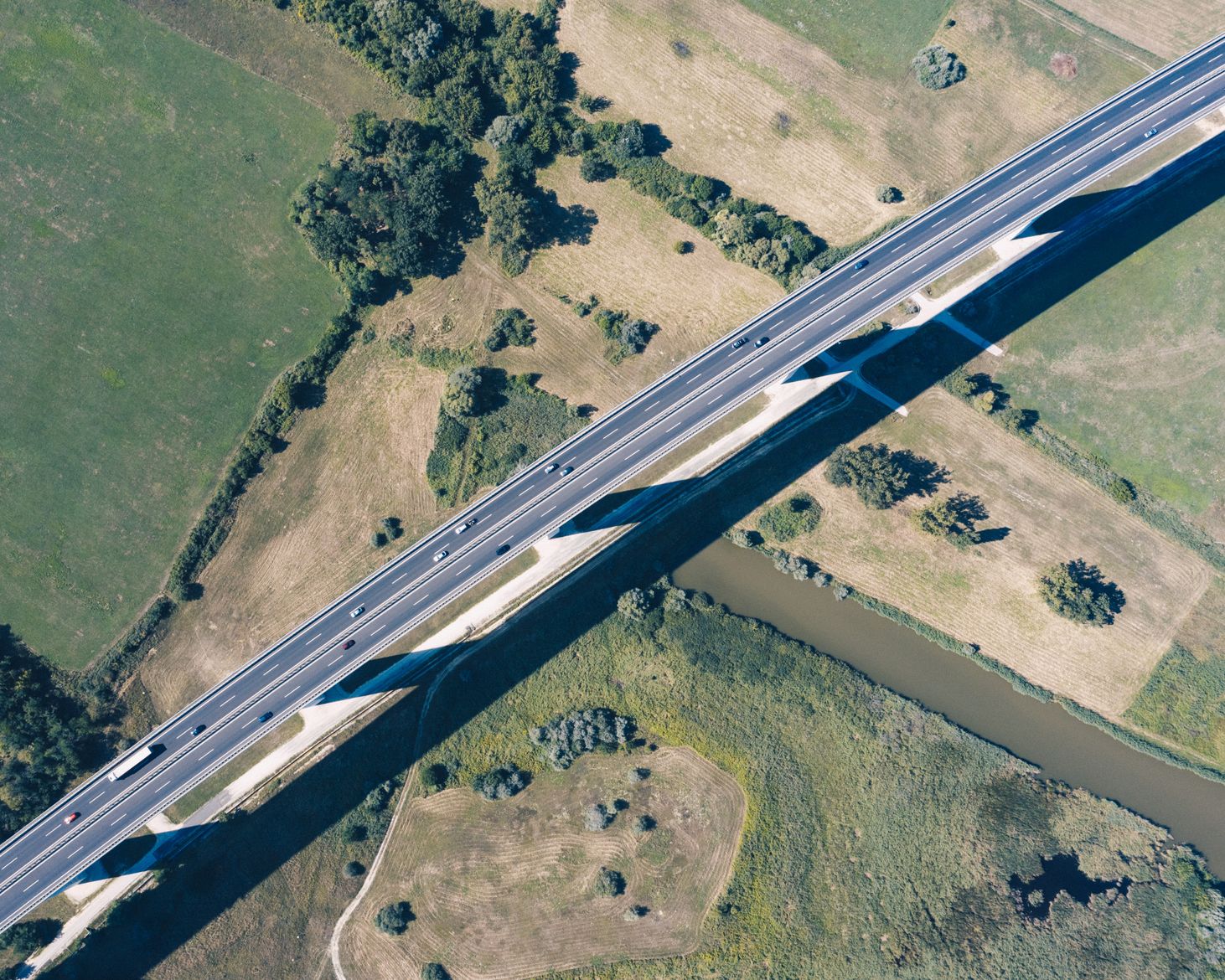Hungary Traffic Guide
Exploring Hungary by Car
Hungary has a well-organised bus service between the country's cities. However, if you want to be more flexible when travelling and want to explore the most beautiful areas of Lake Balaton and the Danube at your own pace, you usually have to use a car. This is why Hungary is a particularly popular holiday destination for motorists.
In this guide, you will find out which traffic rules apply in Hungary and what the driving experience is like on Hungarian roads.
Hungary Traffic Regulations at a Glance
- In Hungary, young people can obtain a driving licence from the age of 17. However, A driving licence substitute for accompanied driving from the age of 17 is not recognised.
- As in other continental European countries, driving on the right-hand side of the road is also compulsory in Hungary.
- You must observe a speed limit of 50 km/h within built-up areas.
- Outside built-up areas, a maximum speed of 90 km/h is permitted. A speed limit of 110 km/h applies on dual carriageways. The maximum speed limit on motorways is 130 km/h.
- In Hungary, seatbelts must be worn by everyone in the vehicle.
- The driver may not operate the mobile phone by hand or hold it in any other way. Telephoning is only permitted with a hands-free system.
- It is forbidden to carry or use functional radar detectors in Hungary.
- In Hungary, you must also drive with your lights on during the day, regardless of the actual visibility conditions.
- A safety waistcoat, warning triangle and first aid kit are mandatory, and a spare set of bulbs is recommended.
- Drivers are subject to a strict alcohol ban in Hungary. The drink-drive limit is 0.0. Heavy fines are imposed for driving with a blood alcohol level of up to 0.5. If drugs or more than 0.5 per mille alcohol are detected, it is a criminal offence.
Driving in Hungary
Roads in Hungary
The driving experience in Hungary is quite pleasant. The roads are mostly in good condition. The cities are connected by new or well-maintained motorways and motorways. You can make good progress by car, especially on the toll roads. In mountainous and rural regions, there are a few unpaved, narrow or poorly maintained side roads, but in most cases these can be easily avoided.

The Danube can also be an obstacle when travelling overland. It flows through the country from north to south and is only crossed by a few motorway bridges due to its width. Alternatively, you can cross with one of the numerous ferry connections, although these are often only available until the afternoon. If you want to cross the Danube later, you may have to take a longer diversions to the next bridge.
The driving behaviour of Hungarian drivers is described as mixed. As everywhere, there are also wild road users in Hungary who do not adhere to speed limits or overtaking bans. For the most part, however, Hungarians are considered to drive sensibly. In the urban area of the capital Budapest, you should be prepared for bumpy, sometimes confusing traffic. Don't get carried away by the hectic pace of other drivers, drive calmly and get into the right lane in good time.
Petrol Stations and Charging Points
Petrol and diesel: There is a high density of petrol stations on the motorways and in the larger cities in Hungary. Most petrol stations on busy roads are open around the clock. In the countryside, the petrol station network is much more permeable. Opening hours are also usually limited to normal business hours. If you are travelling in rural areas, you should therefore always make sure that your tank is sufficiently full.

The prices for petrol and diesel in Hungary are slightly below the European average. Vehicles with a Hungarian licence plate may be able to benefit from reduced prices.
Electric cars: The network of charging points for electric cars is still being expanded in Hungary. There is already a good supply of charging points in the centre of the country. Charging stations can also be found on the motorways and dual carriageways. Only in the countryside is the charging network for electric cars still inadequate.
Hydrogen cars: There is currently only one hydrogen refuelling station in Hungary. It is located near Budapest. You should therefore not currently choose a hydrogen car for a trip to Hungary. However, a nationwide expansion of the hydrogen network is already being planned.
Rental Car or Own Car?
To enter Hungary with your own car, the vehicle documents and the EU licence plate are sufficient as proof of motor vehicle liability insurance.
It is not compulsory to carry an International Motor Insurance Card when entering the country. However, you should carry an International Insurance Card to be on the safe side, as this will be needed to clarify insurance matters in the event of an accident abroad.
If you don't want to drive your own car to Hungary, you can hire a car locally from one of numerous providers. The minimum age for this is 21 for most car hire companies. You must also have held your driving licence for at least 12 months. Drivers under the age of 25 should expect additional charges for young drivers.
Fines
In Hungary, fines can be levied directly on the spot for offences against the regulations. If the fine cannot be paid immediately, the police are authorised to impound the vehicle until payment has been made.

Excerpt from the catalogue of fines:
- Exceeding the speed limit (20 km/h): from 80 euros (approx. £68)
- Exceeding the speed limit (from 50 km/h): from 160 euros (approx. £137)
- Violation of the seatbelt requirement: from 25 euros (approx. £21)
- Drinking and driving (up to 0.5‰): up to 265 euros (approx. £227)
- Drinking and driving (over 0.5‰): Fine from 1.000 euros (approx. £855)
- Mobile phone at the wheel: from 25 euros (approx. £21)
Summary: How to Drive in Hungary
In Hungary, you can easily get from A to B on solid roads. You will encounter particular difficulties in Budapest's dense city traffic and when crossing the Danube. Thanks to a well-developed infrastructure, you should not have any range problems with either a combustion engine or an electric car. You can also freely explore the country around Lake Balaton in a hire car.
► HERE you will find more information about the toll regulations in Hungary so that you are optimally equipped for your journey.
